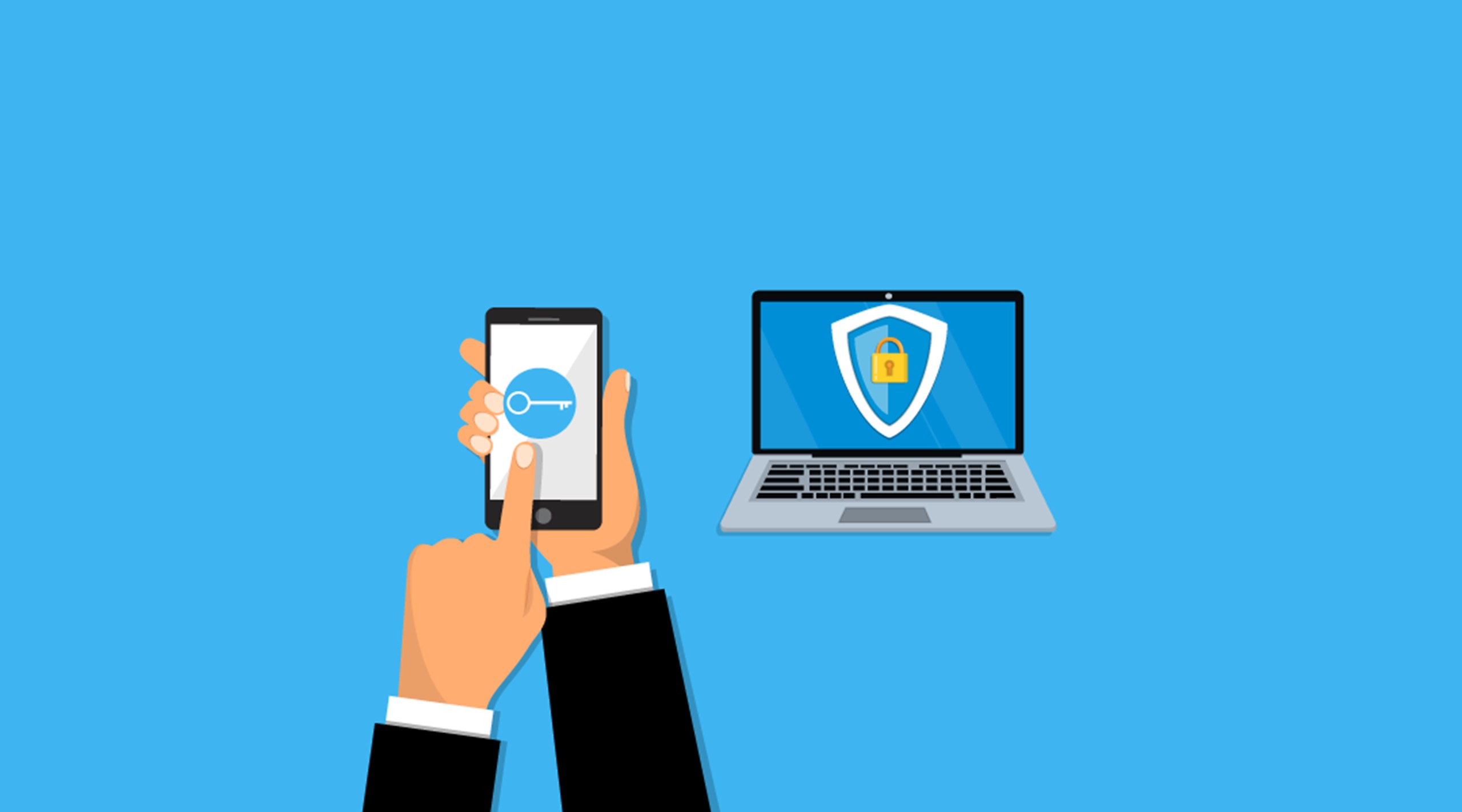
What is MFA? Multi-Factor Authentication (MFA) is a security system that requires more than one method of authentication to verify a user's identity. Why is MFA important? It adds an extra layer of protection, making it harder for unauthorized users to access sensitive information. How does MFA work? Typically, it combines something you know (like a password), something you have (like a smartphone), and something you are (like a fingerprint). What are the benefits of MFA? Enhanced security, reduced risk of data breaches, and increased user confidence. Is MFA easy to use? Yes, many MFA solutions are user-friendly and integrate seamlessly with existing systems. Who should use MFA? Everyone, from individuals to large organizations, can benefit from the added security MFA provides.
What is MFA?
Multi-Factor Authentication (MFA) is a security system that requires more than one method of authentication to verify a user's identity. This extra layer of security makes it harder for unauthorized individuals to access sensitive information.
-
MFA uses at least two of three types of credentials: something you know (password), something you have (smartphone), and something you are (fingerprint).
-
The first known use of MFA dates back to the 1980s when ATMs started requiring both a card and a PIN.
Why Use MFA?
MFA significantly enhances security by adding additional layers of verification. This makes it much more difficult for hackers to gain access to your accounts.
-
According to Microsoft, MFA can block over 99.9% of account compromise attacks.
-
Many major companies, including Google and Apple, now offer MFA as a standard security feature.
Types of MFA Authenticators
Different types of MFA authenticators provide various levels of security and convenience. Here are some common types:
-
SMS-based MFA sends a one-time code to your phone via text message.
-
App-based MFA uses applications like Google Authenticator or Authy to generate time-sensitive codes.
-
Biometric MFA relies on physical characteristics like fingerprints or facial recognition.
-
Hardware tokens are physical devices that generate one-time codes.
Benefits of Using MFA
Using MFA offers numerous advantages, from improved security to enhanced user trust. Here are some key benefits:
-
MFA reduces the risk of identity theft by making it harder for hackers to access your accounts.
-
It helps protect sensitive data, such as financial information and personal details.
-
MFA can improve customer trust, as users feel more secure knowing their information is protected.
Challenges of MFA
While MFA offers many benefits, it also comes with some challenges. Understanding these can help you better implement and manage MFA systems.
-
MFA can be inconvenient for users, requiring them to carry additional devices or remember extra steps.
-
Some MFA methods, like SMS-based authentication, are vulnerable to attacks such as SIM swapping.
-
Implementing MFA can be costly for organizations, requiring investment in new technologies and training.
Future of MFA
As technology evolves, so does MFA. The future of MFA looks promising, with new advancements and trends emerging.
-
Passwordless authentication is gaining traction, using methods like biometrics and hardware tokens to eliminate the need for passwords.
-
Adaptive MFA adjusts the level of authentication required based on the user's behavior and context.
-
MFA is becoming more integrated with other security measures, such as zero-trust architecture and AI-driven threat detection.
Real-World Examples of MFA
Many organizations and industries have successfully implemented MFA to enhance security. Here are some real-world examples:
-
Online banking platforms use MFA to protect users' financial information and prevent unauthorized transactions.
-
Healthcare providers implement MFA to secure patient records and comply with regulations like HIPAA.
The Final Word on MFA Authenticators
MFA authenticators are game-changers in online security. They add an extra layer of protection, making it harder for hackers to access your accounts. From biometric scans to SMS codes, these tools ensure only you can log in. They’re not just for tech experts; anyone can use them. Setting up MFA might seem like a hassle, but it’s worth the peace of mind. Plus, many services offer easy-to-follow guides. Remember, your online safety is in your hands. By using MFA, you’re taking a big step towards protecting your personal information. So, don’t wait. Enable MFA on your accounts today. It’s a small effort for a big security boost. Stay safe out there!
Was this page helpful?
Our commitment to delivering trustworthy and engaging content is at the heart of what we do. Each fact on our site is contributed by real users like you, bringing a wealth of diverse insights and information. To ensure the highest standards of accuracy and reliability, our dedicated editors meticulously review each submission. This process guarantees that the facts we share are not only fascinating but also credible. Trust in our commitment to quality and authenticity as you explore and learn with us.


